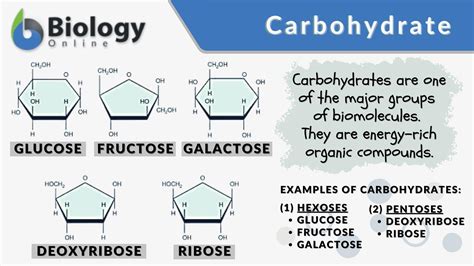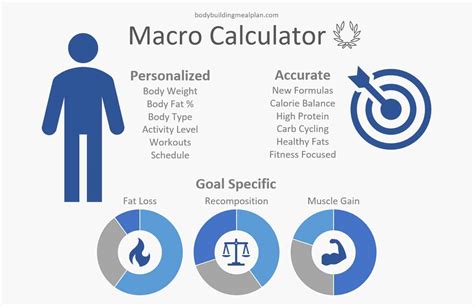What exact daily macros fuel peak male performance & recovery?

The Foundational Role of Macronutrients for Men
For men striving for peak physical and mental performance, alongside efficient recovery, the daily intake of macronutrients—carbohydrates, proteins, and fats—is not just important; it’s foundational. These three pillars of nutrition provide the energy, building blocks, and essential compounds that dictate everything from muscle synthesis and hormone production to sustained energy levels and cognitive function. Ignoring them means leaving potential gains and well-being on the table.
While general nutritional guidelines exist, the ‘exact’ macros for an individual male will vary significantly based on activity level, body composition, age, and specific goals (e.g., muscle gain, fat loss, endurance training). However, establishing a solid understanding of each macro’s role and recommended ranges is the first step.
Carbohydrates: The Energy Powerhouse
Carbohydrates are your body’s primary and most readily available source of energy. For men engaged in regular physical activity, especially high-intensity or endurance training, adequate carb intake is non-negotiable for fueling workouts and replenishing glycogen stores for subsequent performance and recovery. Complex carbohydrates (whole grains, vegetables, fruits) should form the bulk of your intake, providing sustained energy and fiber, while simple carbs may be useful around workouts.
Recommended Intake: Typically, active men might aim for 40-60% of their total daily calories from carbohydrates, or 3-6 grams per kilogram of body weight. For highly active athletes, this can escalate to 6-10 g/kg/day.

Protein: The Building Blocks of Recovery and Strength
Protein is paramount for muscle repair, growth, and the synthesis of enzymes, hormones, and other vital bodily compounds. For men, especially those lifting weights or seeking to build and maintain muscle mass, sufficient protein intake is critical for mitigating muscle breakdown and promoting an anabolic (muscle-building) state. It also contributes significantly to satiety, helping with weight management.
Recommended Intake: A general guideline for active men is 1.6-2.2 grams of protein per kilogram of body weight per day (g/kg/day). Spreading protein intake across multiple meals throughout the day can optimize muscle protein synthesis.
Fats: Essential for Hormones and Overall Health
Dietary fats are crucial for hormone production (including testosterone), nutrient absorption (fat-soluble vitamins A, D, E, K), brain health, and providing a concentrated source of energy. Healthy fats, particularly monounsaturated and polyunsaturated fats (found in avocados, nuts, seeds, fatty fish), play a key role in reducing inflammation and supporting cardiovascular health.
Recommended Intake: Fats should typically comprise 20-35% of total daily caloric intake. Emphasize unsaturated fats, limit saturated fats, and avoid trans fats entirely.

Calculating Your Specific Macro Ratios
To get ‘exact’ daily macros, you first need to determine your Total Daily Energy Expenditure (TDEE), which is the number of calories your body burns in a day based on your Basal Metabolic Rate (BMR) and activity level. Online calculators can provide a good starting point. Once you have your TDEE, you can set your macro targets based on your goals:
- For Muscle Gain: A slight caloric surplus (250-500 calories above TDEE) with a higher protein and carbohydrate emphasis (e.g., 40-50% Carbs, 25-35% Protein, 20-30% Fats).
- For Fat Loss: A caloric deficit (250-500 calories below TDEE) often with higher protein to preserve muscle (e.g., 30-40% Carbs, 30-40% Protein, 20-30% Fats).
- For Maintenance/Performance: Balanced intake depending on activity (e.g., 40-50% Carbs, 20-30% Protein, 25-35% Fats).
Once you have your percentages, convert them into grams based on the caloric values: 4 calories/gram for carbs and protein, 9 calories/gram for fat.

Beyond the Macros: Hydration and Micronutrients
While focusing on macros is vital, remember that hydration and micronutrients (vitamins and minerals) are equally indispensable for peak performance and recovery. Adequate water intake supports every bodily function, and a diverse diet rich in fruits, vegetables, and whole foods ensures you’re getting the essential micronutrients needed for optimal health and to process your macros efficiently.
Fine-Tuning and Consistency for Optimal Results
The ‘exact’ macros are rarely static. Your body’s needs will evolve with changes in activity level, body composition, and goals. The key is to start with a calculated plan, track your intake and progress, and be prepared to adjust your ratios and total caloric intake based on how you feel, perform, and recover. Consistency in hitting your macro targets and maintaining overall healthy eating habits will yield the most significant and sustainable results for peak male performance and recovery.

Consulting with a registered dietitian or a sports nutritionist can provide personalized guidance to craft the perfect macro plan tailored to your unique physiology and aspirations.








